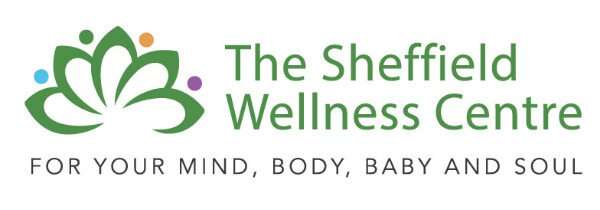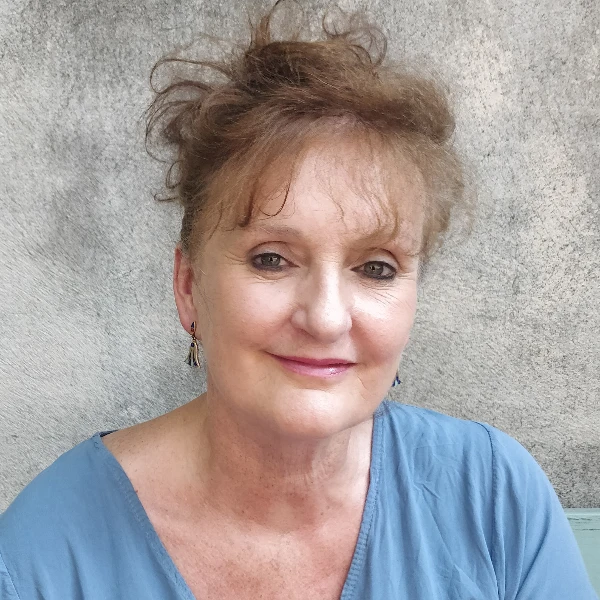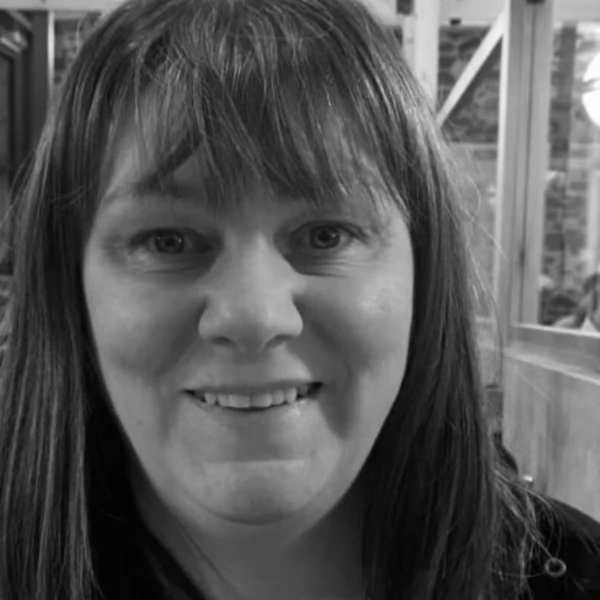Counselling for Fears and Phobias in Sheffield
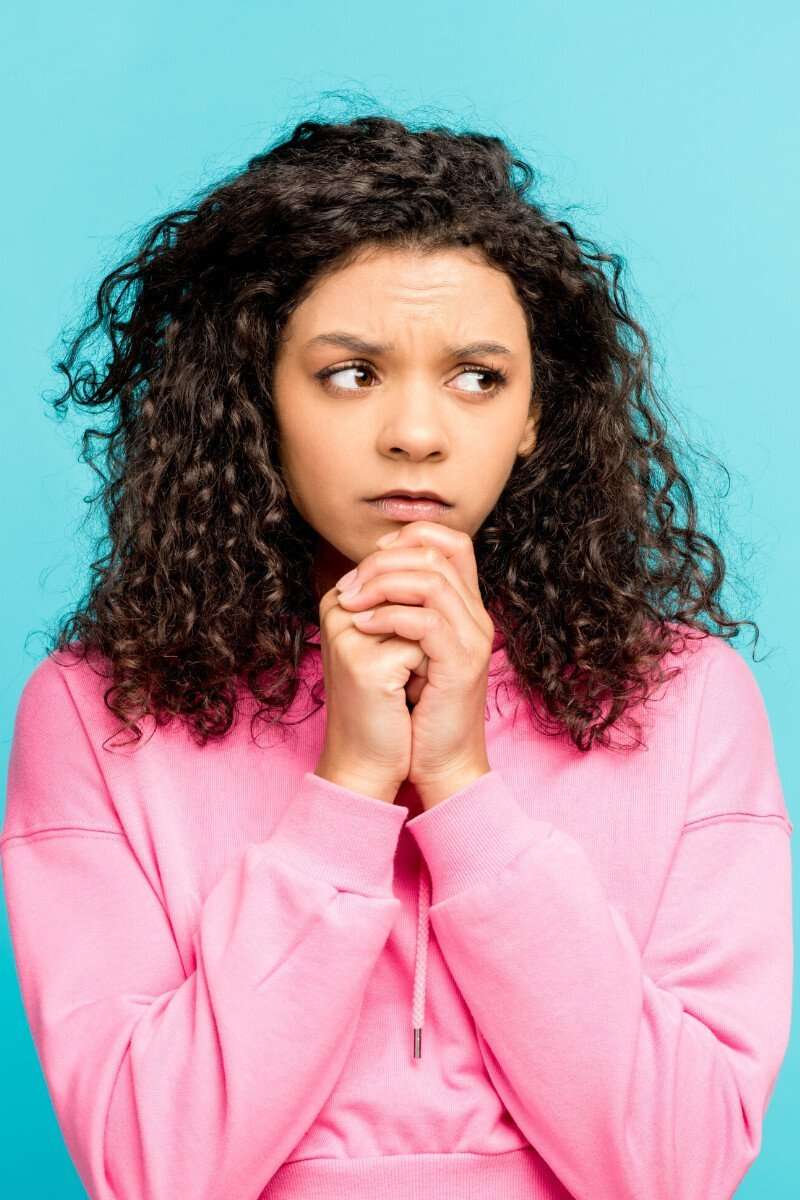
What is a fear?
A fear is like an instinctive and emotional reaction to danger. We often call situations or things fears too. You might say that you have a fear of roller-coasters, for example.
We are born with two fears
- A fear of loud noises
- A fear of falling
Other fears are often picked up as we make our way through life. Fears can be helpful and useful (sometimes) as they often keep us safe and away from dangerous situations.
Fears tend to be unpleasant but manageable as they are encountered rarely and don't provoke a huge reaction when they happen. A phobia is a different kettle of fish.
What is a phobia?
A phobia is an extreme, overwhelming and often paralysing fear. It can be linked to a person, a place, an animal or an object.
If you are reading this page there is the possibility that you have a fear or phobia that has got out of hand and you would like some help then we can do just that.
Our therapists have helped get some amazing results
Definitely returning
The location is really good, it's easy to travel to. The actual complex has a nice little antique shop and a brilliant cafe which caters very high quality home made food and a nice vibe.
I highly recommend the Wellness Centre to anyone who is looking use the clinic for therapy or anyone looking to hire out the rooms.read more

All this I'd say is testament to Richards fantastic work which has helped find more of 'me'. I now say 'I can'!!. Thanks Rich.
I'm recommending you to everyone I know! 😀read more
Before you even enter the building, there’s a lovely outdoor seating area outside it which is very quiet and private. Would definitely come again. Thank you for being so welcoming!read more
Many... thanks for all your help, and i cant wait to attend more classes and workshops!read more


The rooms are beautifully appointed, peaceful and tranquil. A perfect place to... relax, for whatever reason you are there.
Please have a look, decide and visit.read more
What is the difference between a fear and a phobia?
What causes a phobia?
There are three main ways of acquiring a phobia.
- A traumatic event that you experienced or observed and an aspect of that moment becomes the focus of the phobia. For example, if you saw a car crash on the motorway you might develop motorphobia which is phobia focused on cars.
- You were taught the phobia. There are people who have a phobia of wasps and bees despite never having been stung by one. There was no traumatic event that started the phobia but if a parent has the phobia it is possible for the child to develop the same phobia.
- Just because! Sometimes there was no traumatic event. Sometimes no-one close to you has your phobia and you have no idea where it came from, it just happened.
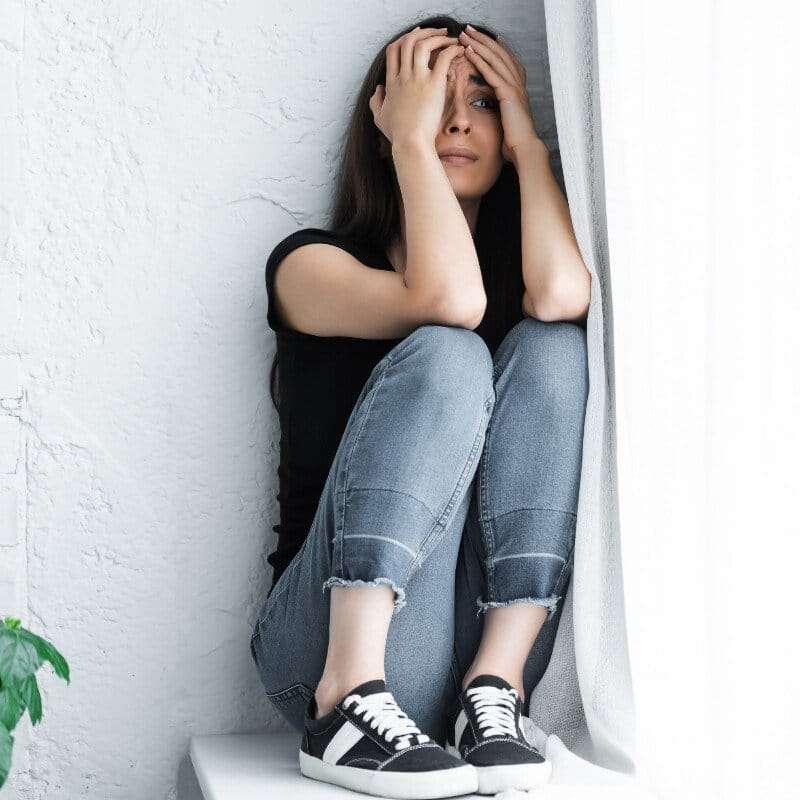
What are the symptoms of a phobia?
Phobias, when they become well practiced and expected can bring with them a large dose of anxiety and distress. If you have a phobia then maybe you have changed how you live your life just to avoid or reduce contact with the trigger of your phobia. This is one of the signs that your phobia needs bringing under your control.
Anxiety is a very common aspect of a phobia. Anxiety is the expectation of difficulty before the situation even happens. This might have led to a kind of self-fulfilling prophecy for you and made it more likely that the phobia occurred or was experienced as severely as you did.
We have skilled therapists waiting to help you...
Hypnotherapists
Cognitive Behavioural Therapists
Counsellors
If you are ready to be helped we are ready
Symptoms of phobias are experienced in two different ways
Physical symptoms:
- Feeling sick
- Lightheaded
- Palpitations/increased heart rate
- Shaking/tremors
Mental symptoms:
- Anxiety
- Moodiness
- Insomnia
- Lack of concentration
- Insomnia
There are two categories of phobia
Simple phobias
Simple phobias are also sometimes known as specific phobias because they are focused on a single trigger. The trigger could be a place, an object or an animal. Broadly speaking, there are 5 different categories of simple phobia.
- Environmental - This includes germs or viruses, deep water and heights.
- Animals - Some examples are dogs, spiders, snakes and rats
- Situations - Examples include roller coasters, the hospital and the dentists.
- Sexual - This includes phobias regarding sexually transmitted diseases or in relation to sexual performance and can sometimes be tied in with erectile dysfunction and vaginisismus
- Bodily - Phobia regarding vomit and blood are common.
Complex phobias
Simple phobias are also sometimes known as specific phobias because they are focused on a single trigger. The trigger could be a place, an object or an animal. Broadly speaking, there are 5 different categories of simple phobia.
- Environmental - This includes germs or viruses, deep water and heights.
- Animals - Some examples are dogs, spiders, snakes and rats
- Situations - Examples include roller coasters, the hospital and the dentists.
- Sexual - This includes phobias regarding sexually transmitted diseases or in relation to sexual performance and can sometimes be tied in with erectile dysfunction and vaginisismus
- Bodily - Phobia regarding vomit and blood are common.
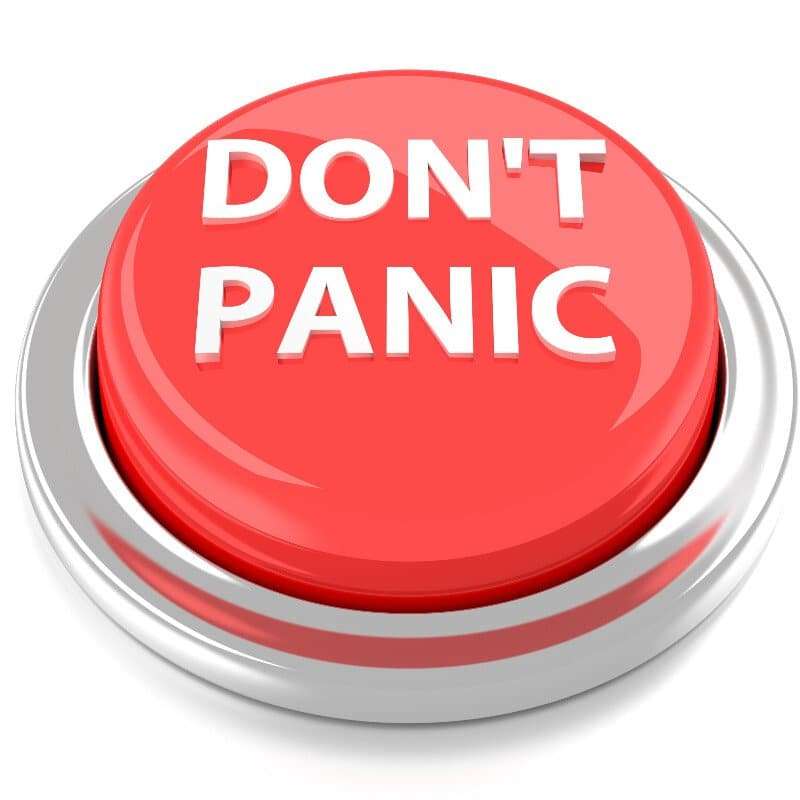
Examples of complex phobias
- Social phobia - this can be associated with specific people, sometimes it is focused on the importance of a person socially or professionally. It might mean that the sufferer is fine in a group of their peers but if their boss is present they go to pieces.
- Agoraphobia - This is commonly associated with a fear of being out in the open but is more usually tied in with a feeling or fear of being trapped and unable to escape.
Fears and phobias are often lead to anxiety as a consequence of issues like Generalised Anxiety Disorder (GAD), Obsessive Compulsive Disorder (OCD) and panic attacks. There can be a lot of crossover between these different conditions.
Are phobias common?
Do you have ‘coronaphobia’?
‘Coronaphobia’ isn’t an actual phobia in its own right but can be more accurately thought of as a name for a range of existing and known phobias that have developed as a result of Covid-19 and lockdown.
There are increasing numbers of people reporting these kinds of problems. Causes of ‘coronaphobia’ are a combination and mixture of other phobias and has been caused by long term social isolation, a lack of exercise and activity and exposure to large amounts of negative or fear based media coverage.
Symptoms include compulsive over-washing of hands and OCD-like behaviour based on cleaning/sterilising clothes, people, the home. If you have been struggling with ‘coronaphobia’ we have therapists who could help. Get in touch and speak to one of the team.
"Wonderful, calm and beautiful."
We are delighted to share our customer reviews and thank you all for supporting our ever-growing family run business in Sheffield.

